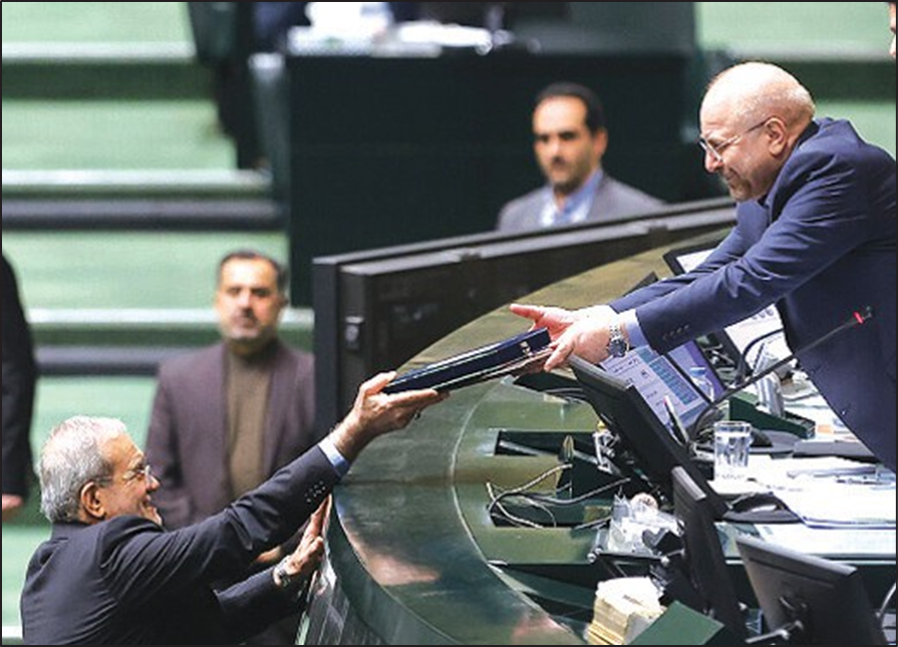in the near future and have been trying to work out alternative payments through Russia or Japan.
One year ago, India’s Central Bank stop making trade settlement payments to Iran because it feared running afoul of US sanctions and endangering its entire international payments mechanisms. It took six months for India and Iran to pinpoint Turkey’s Halkbank as a payment route.
They have been using Halkbank since last summer. But Indian officials have never felt confident that Halkbank would remain available. As Turkey’s relations with Iran have proven increasingly bumpy, Indian bankers have expedited the search for an alternative payment route. The main focus for months has been on Russia, which vocally criticizes US sanctions on Iran. But months have gone by and no Russian banks have yet agreed to handle Indian oil payments to Iran.
The Hindustan Times quoted an Indian Oil Corp. official as saying payments could easily be made through Gazprom Bank in Moscow. He said Indian oil importers would set up accounts in Gazprom Bank and make payments to those ac- counts.
Gazprom Bank would then transfer sums as ordered to the already existing account in Gazprom Bank of Iran’s Central Bank. This is not a new idea. But Gazprom Bank has not jumped at the thought of handling billions of dollars worth of transactions annually.
The Financial Express of India reported last Wednesday that Indian government officials took up the matter recently on an official level with Russian officials and were rebuffed. It said Indian officials will now approach Japan. Japan continues to buy crude from Iran.
It pays for it by making yen deposits into an Iranian bank account in Tokyo. Iran then uses those yen to buy Japanese goods. The payments never go back to Iran. India will propose that it pay in yen into the same account.
But it isn’t known whether Iran will need that much cash in yen. Tehran may balk at the idea.
















